I have a swing component that has several sub components. What I want to do change some label if the mouse is over any of those components, and then change it to something else if the mouse moves off all of the components. I'm trying to find a more efficient way to do this.
Currently I have mouse listeners over all of the child components that look something like:
class AMouseListener extends MouseAdapter {
private boolean mouseOver;
mouseEntered(MouseEvent e) { mouseOver = true; updateLabel(); }
mouseExited(MouseEvent e) { mouseOver = false; updateLabel(); }
void updateLabel() {
String text = "not-over-any-components";
// listeners are each of the listeners added to the child components
for ( AMouseListener listener :listeners ) {
if ( listener.mouseOver ) {
text = "over-a-component";
break;
}
}
}
}
This works, but I feel like there should be a better way to handle this by only handling mouseEntered and mouseExited events on the parent container, but since the child components intercept these events, I'm not sure how to go about doing this (I don't necessarily have control over the child components so I Can't forward the mouse events to the parent event if I wanted to).

